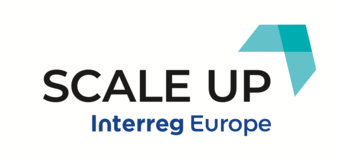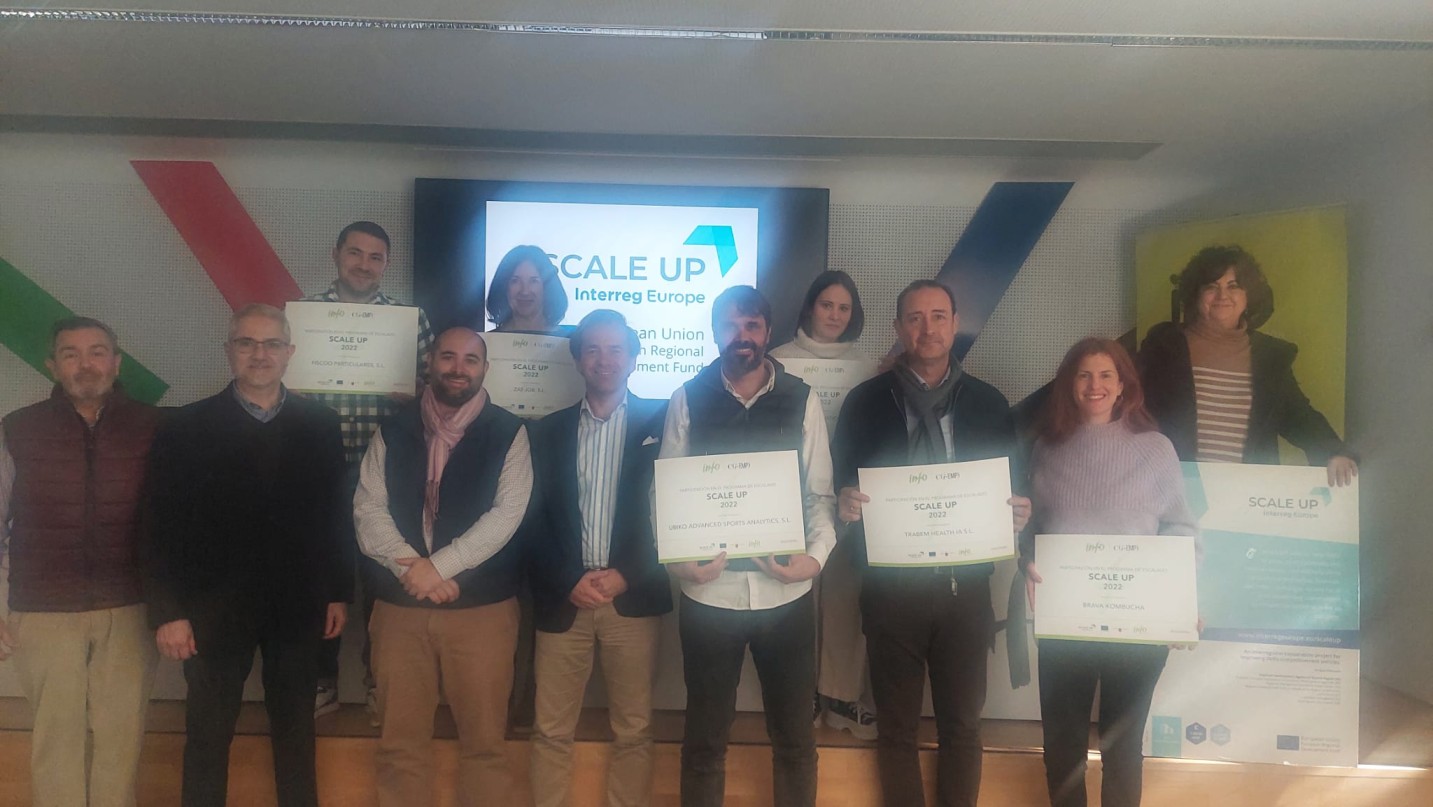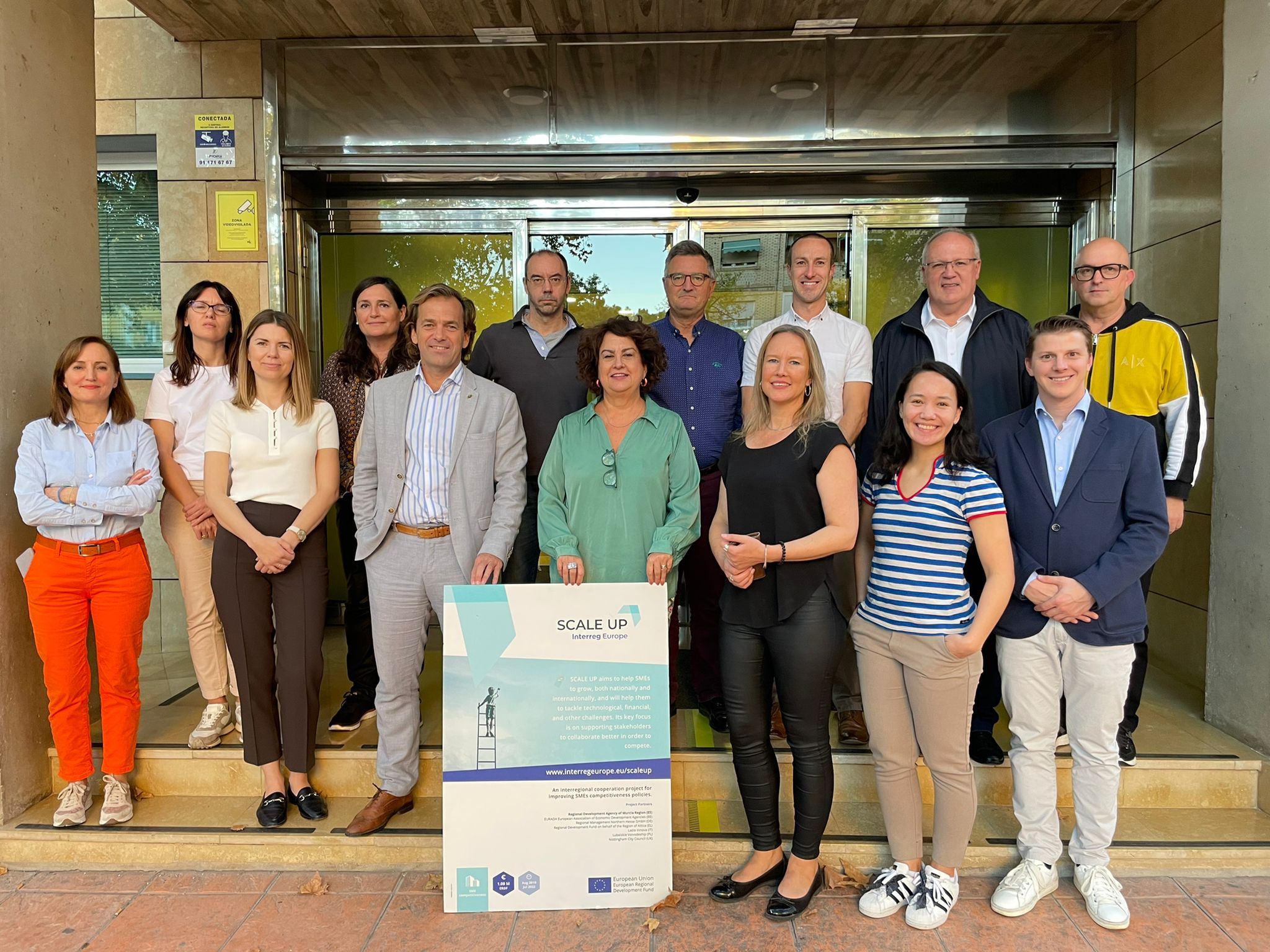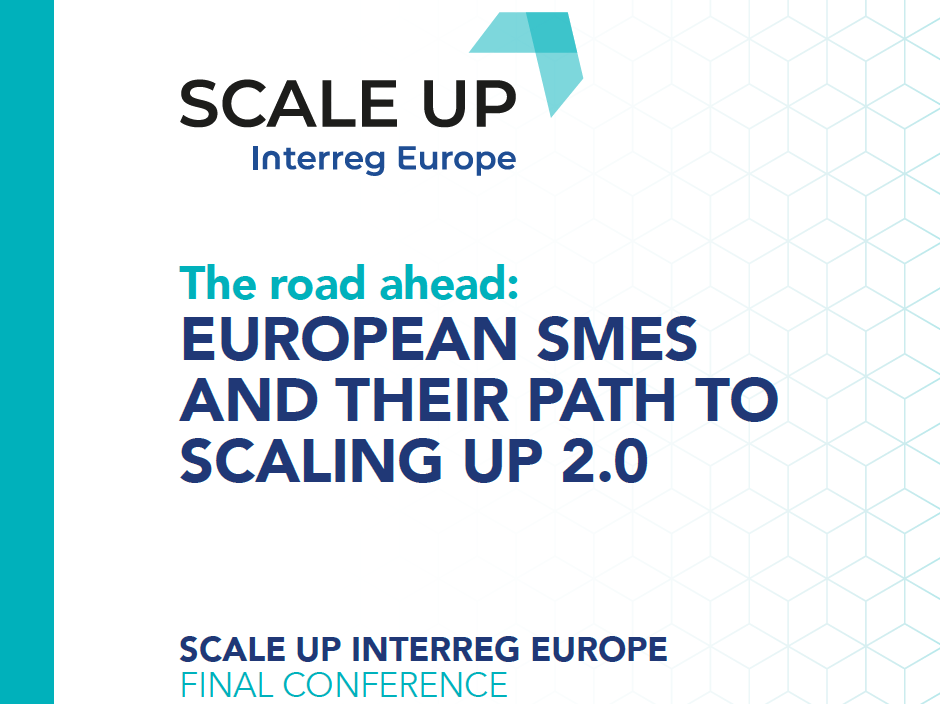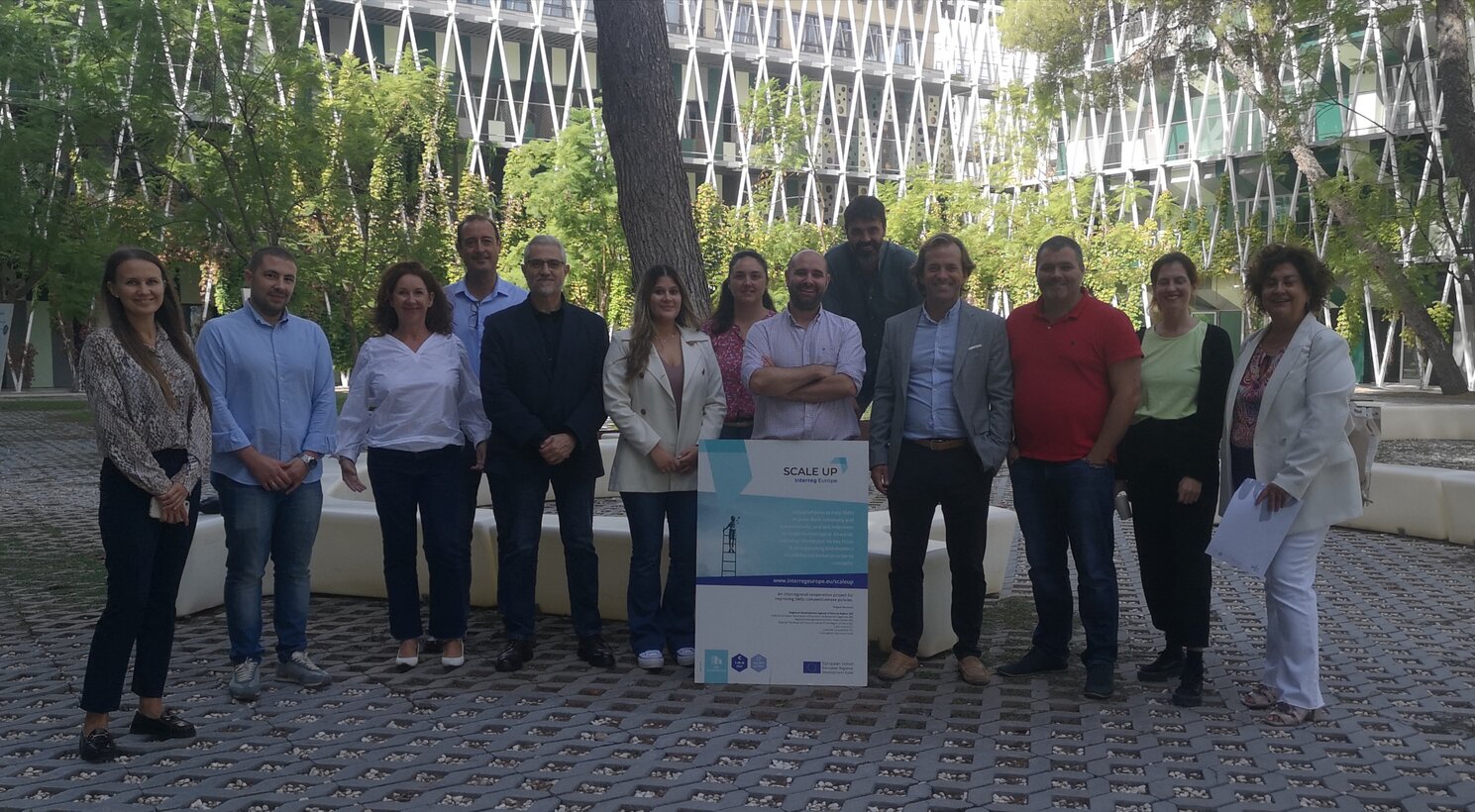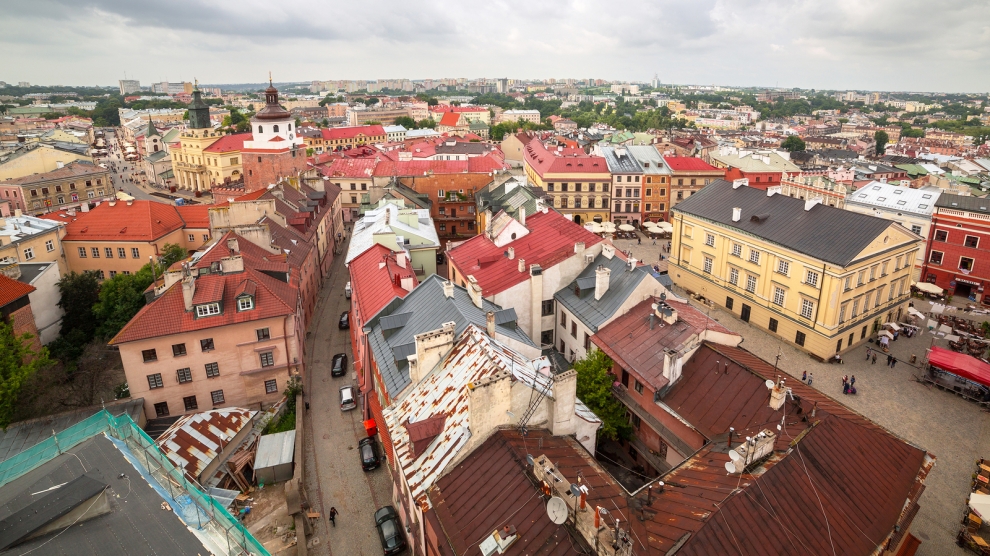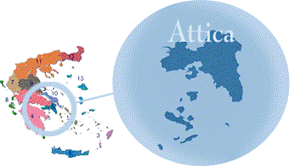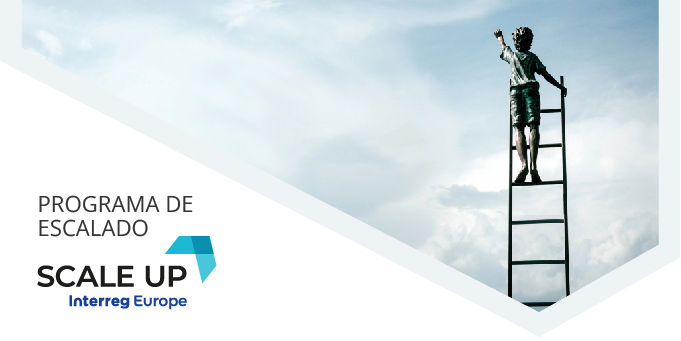Traditional visit and online visit – observations and opinion of partners from the Lubelskie Voivodeship
According to the schedule of actions planned under the SCALE UP project, in January 2020 the Lubelskie Voivodeship organised the project’s first study visit. During this time, 3 best practices were presented: NLAB Nevada - Lubelskie Acceleration Bridge, Regional Brand “Lubelskie”, and Investors and Exporters Assistance Centre (COIE). The visit was held in the traditional form – all project partners came to Lublin (the region’s capital) and took part in the program prepared by the Polish partners. Apart from the main purpose of the visit, which was to get familiar with the best practices (through a seminar, study visits in companies and direct discussions with beneficiaries of best practices), the visit was also an occasion for the SCALE UP team to integrate, meet in person and have face to face discussions.
Unfortunately, due to the pandemic and travel restrictions, the concept of study visits had to completely change as they had to be conducted remotely. In order to do this, the SCALE UP consortium elaborated a methodology of international online exchange of experience. Being aware that the visits in an online formula will not be able to replace an initial plan of actions of the project, they were planned and treated as an alternative method of familiarizing oneself with best practices applied in particular regions. In light of this situation, the partners from the Lubelskie region find that the planned formula for the visits proved to be successful and it made the continuity of the study visits, as well as the entire project, possible. A similar opinion is shared by stakeholders and the SCALE UP expert cooperating within the project with the Lubelskie Voivodeship, who took part in the online meetings.
The possibility to familiarise oneself with the materials concerning each visit before it was conducted was a very good solution – it made it possible to understand better the presented practices during the online meetings. The participants also appreciated the variety of the prepared materials – detailed descriptions, video recordings, interviews, and live speeches during the visits. Both the adopted structure of the visits as well as speakers, met the objectives of the visits in the dimension that online contacts allowed. Taking into consideration the short time for preparation, the organisers conducted the meetings very professionally and the amount and way of conveying the knowledge was satisfactory to understand the basic mechanisms of good practices. During the meetings, the organisers tried to answer the questions that came up and if time limitations did not allow, the partners had the option to offer individual contact. Moreover, the participants were able to ask questions in writing prior to the study visit through a previously prepared questionnaire. In the opinion of the SCALE UP expert, partners from North Hessen had a difficult task to blaze a trail and they coped with this challenge very well. The presentations and videos prepared were interesting, informative, and concentrated on the task they served, i.e., best description of the practices. It also reflected the nature of the practices, which were rational, systematized, and effective. Each online meeting was unique due to the nature of a given practice, prepared presentations and people taking part in them.
Despite the efficient organisation of the visits, the participants wished they could physically meet as it was not possible to see and experience the described places and actions as well as meet in person the owners and beneficiaries of best practices. This element of international experience exchange is invaluable and irreplaceable. This is something everyone has realized during the pandemic, but we have no choice but to accept the current situation. On the other hand, however, thanks to the online formula, there were more participants who were able to take part in the visits (about several dozen participants per visit), which would be impossible in the case of a traditional study visit.
The stakeholders from the Lubelskie Voivodeship were willing to take part in the visits as it gave them a possibility to get familiar with interesting solutions applied in various regions in Europe, and some of them were inspired to initiate interesting undertakings within the activities they run.
